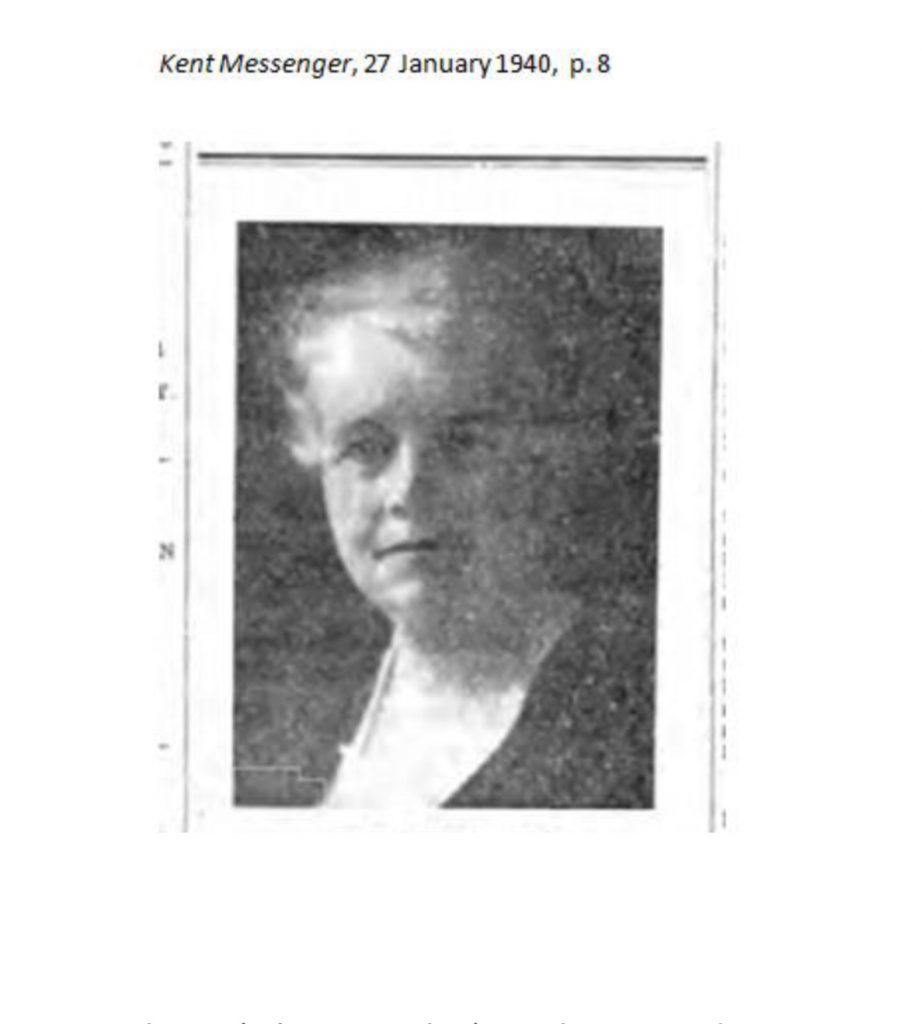Eliza Packman’s public career included suffrage activism as well as service as a poor law guardian and – later in life – as a justice of the peace. Her experience was not untypical of the early women JPs.
Eliza Packman (1868-1940)
Eliza Stevenson Packman (née McMeekin) was born in India in 1868. Her father was a tea planter, originally from Scotland. The family soon returned to Great Britain, and in 1894 she married Dr Alfred Packman in Croydon. The couple settled in the Rochester area where Dr Packman was a general practitioner and a justice of the peace. The Packmans had three children, one of whom died young, while another, Tom, was killed in the First World War.
Mrs Packman became a Poor Law Guardian and local councillor for Strood. She was very interested in social reform and was also heavily involved in the women’s suffrage movement both in Rochester and in Herne Bay, where the Packman family had a second home. In May 1913 she resigned from the Women’s Liberal Association (of which she had been Rochester president) on account of the party’s attitude to women’s suffrage and threw herself into organising for the National Union of Women’s Suffrage Societies (NUWSS) instead. In July she spent at least two weeks on the North Kent route of the NUWSS Pilgrimage and she arranged meetings and activities in the parts of the county where there were no local NUWSS branches.
After women won the vote Mrs Packman was involved in the formation of a Women’s Citizens Association in Rochester. Following legislation in 1919 to allow women to become magistrates Mrs Packman was made a justice of the peace for the North Aylesford area in 1934, where she was one of the magistrates who adjudicated in the juvenile court. She died in 1940 at the age of 72.
© Anne Logan

